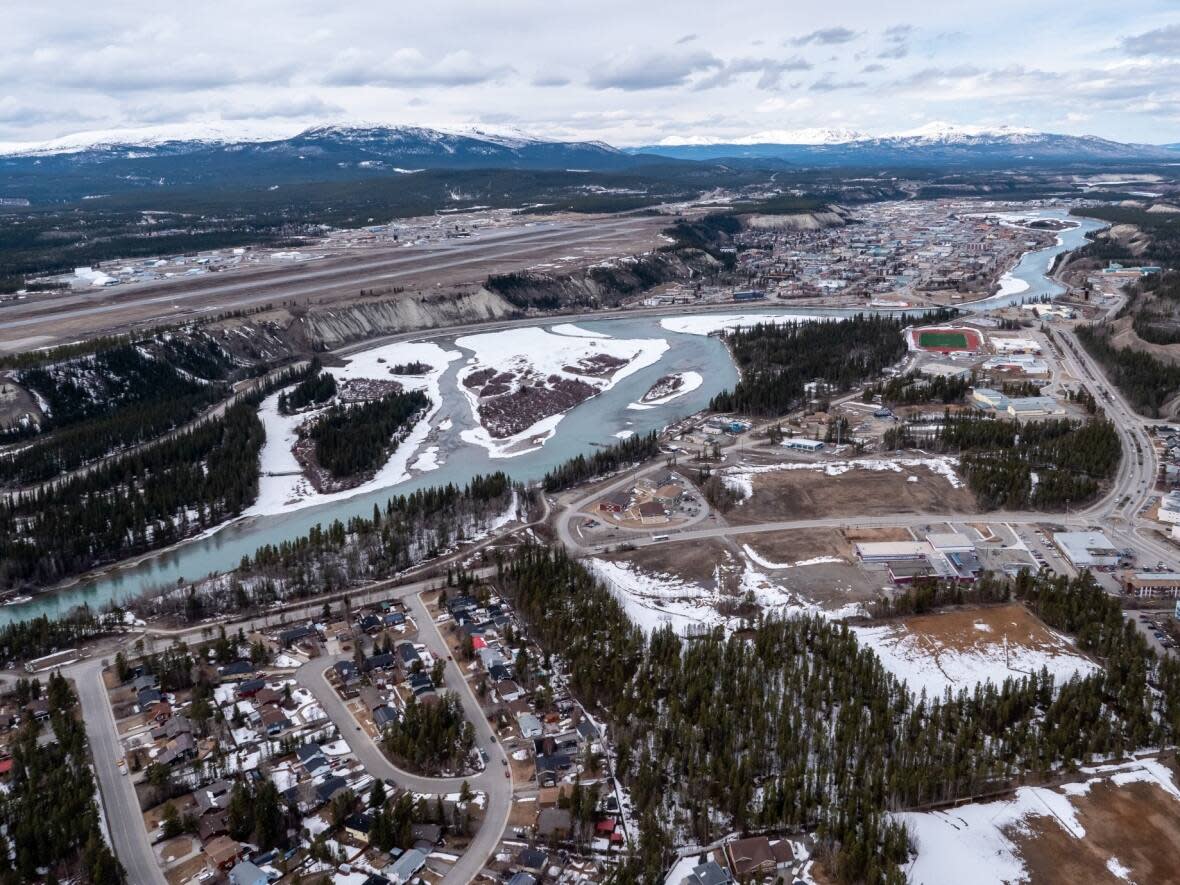Design for a new water treatment system in Whitehorse delayed

City councillors in Whitehorse say they want more information before moving ahead with designing a $39-million upgrade to the city's water treatment system.
Councillors heard last week from city staff that the upgrade would add a new filtration system — needed because the city's groundwater quality has been changing. The design itself, which councillors voted Tuesday to delay, would cost about $2 million and be done by the end of 2025.
During Tuesday's discussion, councillors said they want staff to show their work in order to remove all doubt the project is needed, and produce summaries of reports or studies backing up their opinions.
"To me, it feels like it's been a little bit of a moving target on trying to get a handle on what's broken here that needs to be fixed," said Coun. Kirk Cameron, adding his intention wasn't to question the city's technical experts.
Signals of groundwater seeping in
Right now, all of the city's drinking water comes from the Selkirk aquifer in Riverdale.
Tracy Allen, the city's director of infrastructure and operations, and Mike Firlotte, the manager of water and waste services, both said staff have seen evidence that groundwater is seeping into the aquifer.
There's no suggestion the city water is unsafe to drink, but Allen said they detected giardia in one of their wells back in 2018 — a husk, not the live bacteria — and staff have also been noticing changes in pH and the level of metals and ions that they test the well water for.
"All the evidence we have to date is indicating that, to some level, the aquifer is under the influence of groundwater," Allen said.
Firlotte said the most likely explanation for the giardia husk is that it was brought into the well by groundwater.
If groundwater is getting into the wells, then that means the city needs a secondary treatment source, they said — the city is expecting drinking water rules to change at either the federal or territorial level to require that.
Coun. Dan Boyd said given the price tag of the full project, plus ongoing operation costs in excess of $3 million per year, he wants to understand the issue better.
"Is there more due diligence that we need to be doing here before we make this type of decision?" he asked.
Councillors' reluctance to move forward without more information came as a surprise to Mayor Laura Cabott, who noted it was late in the day to be expressing concerns now. Cabott cast the lone vote against the delay.
"We do need to rely on our experts. This is very, very technical," she said.
"Reading through the committee report previously, I think it was pretty strongly highlighted that we have some issues with our water in the city of Whitehorse. And before we get into a situation where we actually are boiling our water — which is what some communities have to do — we need to get ahead of this."
She pointed out that Tuesday's ask was just for approval of the $2-million design, not the full project.
City manager Jeff O'Farrell said he wasn't sure exactly how a delay would impact the project schedule, but noted it could take up to seven weeks for staff to provide the information councillors had asked for.
Allen said the rest of the project would be delayed at least that long. She estimated that the overall design schedule would need to be extended about three months as a result.


